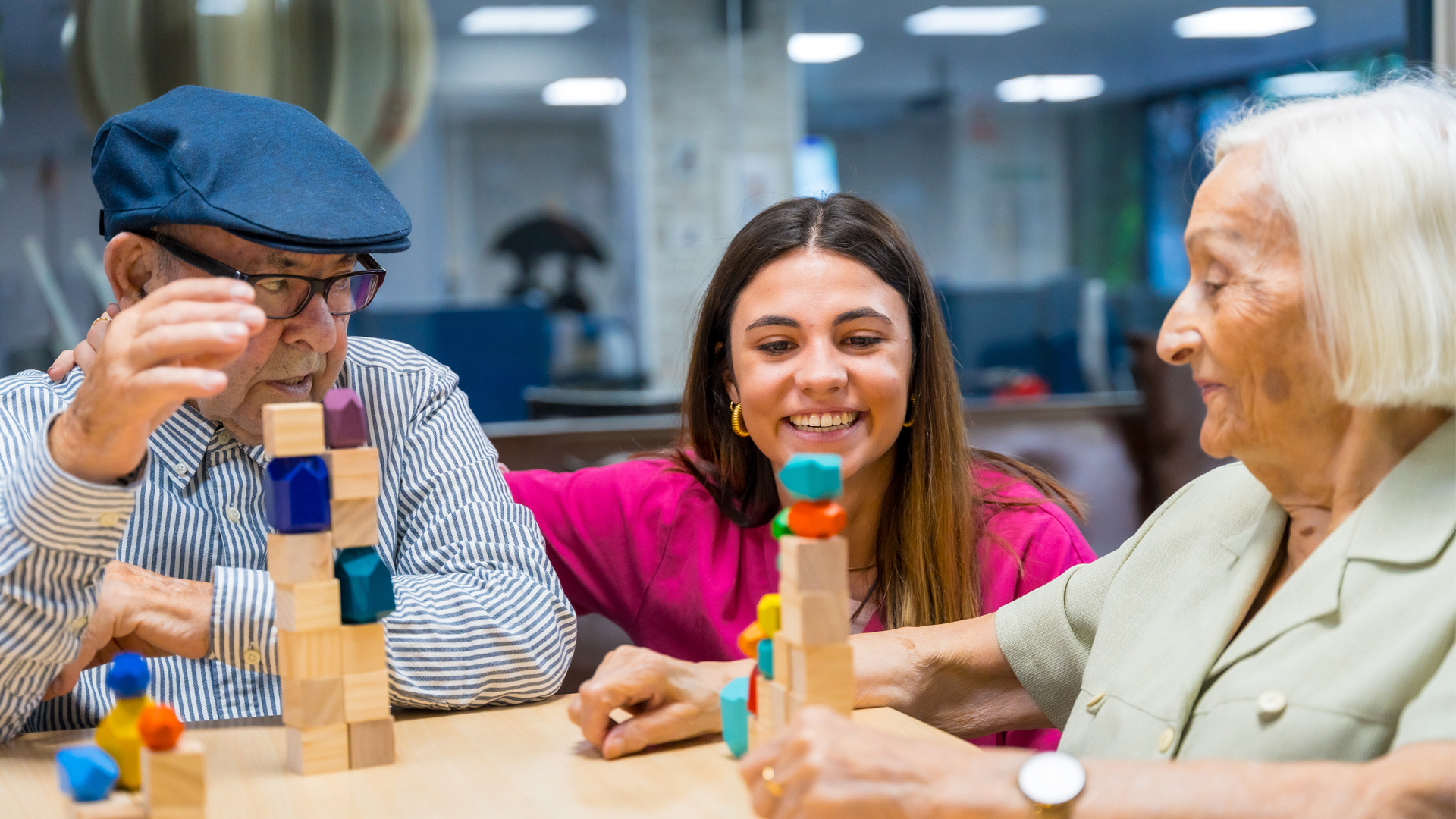If your parent struggles with memory loss, confusion, and problem-solving skills, receiving a dementia diagnosis can be daunting. You may wonder how to relate to them as their condition progresses and they increasingly have trouble expressing themselves. It’s essential to know how to communicate to a loved one with dementia so your conversations stay on a positive track.
1. Be Patient and Calm
The person you love may not always successfully articulate their thoughts and feelings. Let them know that it’s OK to take their time explaining things. Don’t argue or try to use logic, which will likely be ineffective. If your parent frequently asks you the same question, keep answering them, even if you must repeat yourself several times. Repetition can be comforting to someone living with memory loss.
2. Do Not Talk Down to or Belittle Them
People with dementia may seem to be living in the past. For example, a bilingual person with dementia may return to speaking their first language, even if they have fluently spoken English for decades. Though this memory regression could make your loved one seem childlike at times, it’s essential to remember they are a mature adult who has lived a full, rich life. Avoid using baby talk or a singsong tone of voice, which can seem condescending even if you mean well. Instead, keep your tone calm and be sure to speak slowly, enunciating your words.
3. Encourage Nonverbal Communication
Miscommunication can be one of the most frustrating parts of talking to a parent with dementia. If you don’t understand what they are saying, you can ask them to point or gesture instead. You could also show them pictures of objects if that helps them express themselves better. Brief, clearly written notes may also be beneficial if they can still read and understand them.
4. Avoid Quizzing Them
When visiting with your parent, you may find they are much more comfortable talking about the past than about the present. Feel free to start a conversation about fond memories of times your family spent together, but try not to test them to assess what they do or do not remember. Asking them what they recall could cause distress and apprehension if they can’t bring that specific memory to mind.
Specialized Dementia Services From Legacy Homecare LA
Watching a parent grapple with dementia can be stressful and overwhelming. People with dementia may not be consciously aware of how much they’ve changed, which is part of the illness. They might easily get upset or frustrated by limitations you put in place for their safety, like taking away their car keys. While you want your loved one to stay comfortable and maintain their independence for as long as possible, it could be dangerous for them to live at home without help from an experienced, professional caregiver.
In the early stages of dementia, our highly trained team members provide home care and support with daily routines, becoming reliable caregivers and familiar friends. As dementia symptoms progress, your dementia Care Companion will adapt to your parent’s changing needs. If you have questions about how we can help you or are ready to get started, contact us today.






